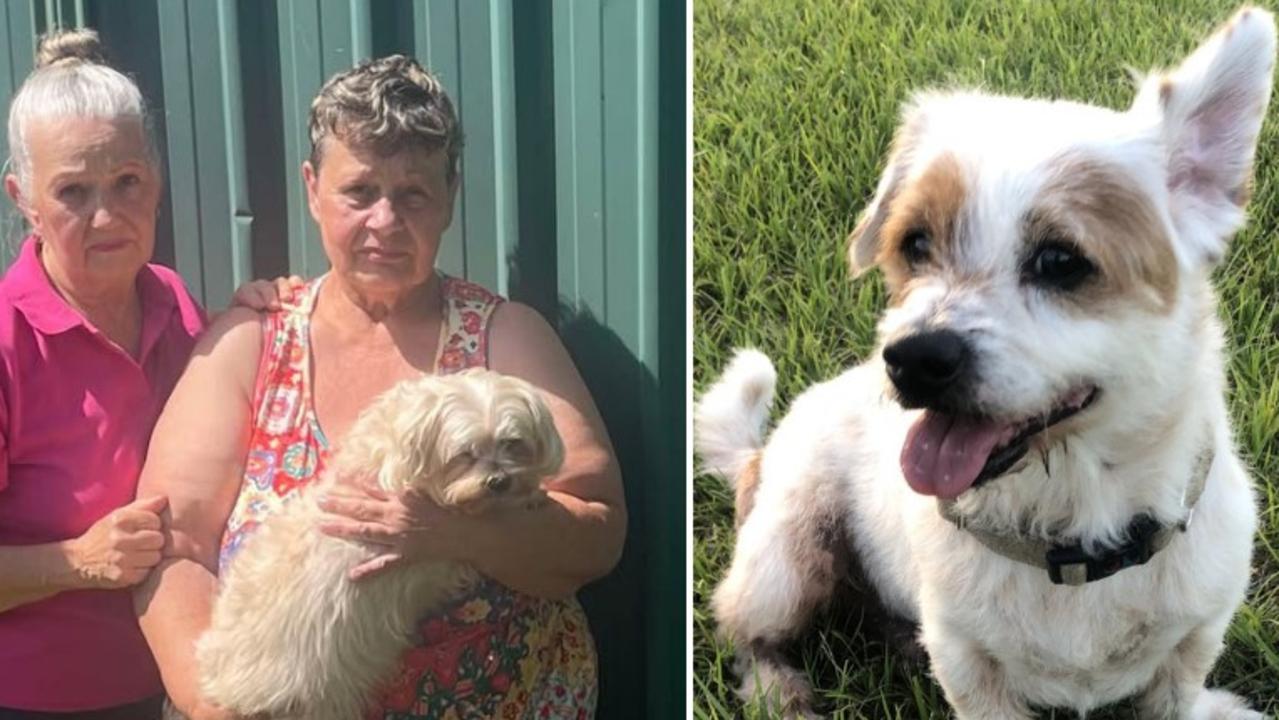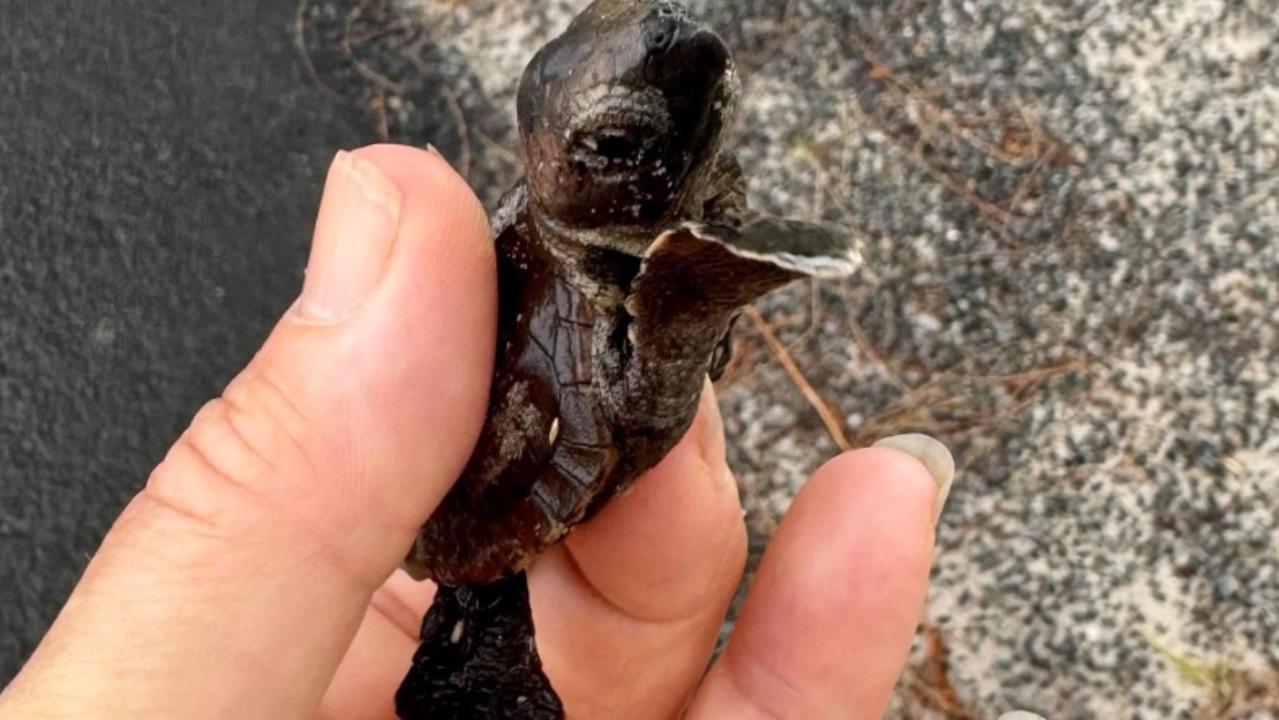Record number of crocodile sightings in Queensland in 2023
Crocodile sightings in Queensland have hit record highs, as debate continues over whether there should be a cull. See the areas with the highest numbers and vote in our poll.
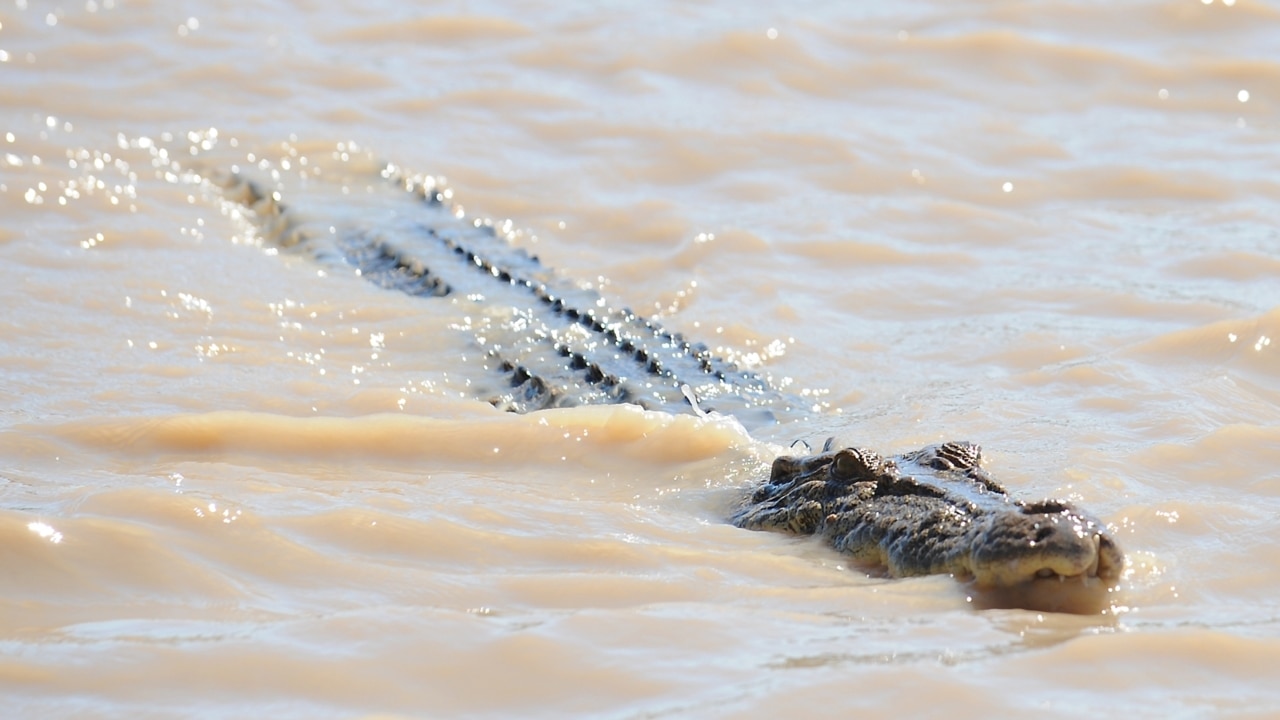
Pets and Wildlife
Don't miss out on the headlines from Pets and Wildlife. Followed categories will be added to My News.
Queensland experienced a record number of crocodile sightings last year as debate continues over whether there should be a cull of the fearsome predators lurking in waters of the state’s north.
According to data from the Queensland Department of Environment, Science and Innovation, there were 1216 saltwater or estuarine crocodile sightings reported in 2023, smashing the previous record of 1185 set in 2021.
The numbers are a huge increase on a decade ago, when there were just 336 sightings reported to the department.
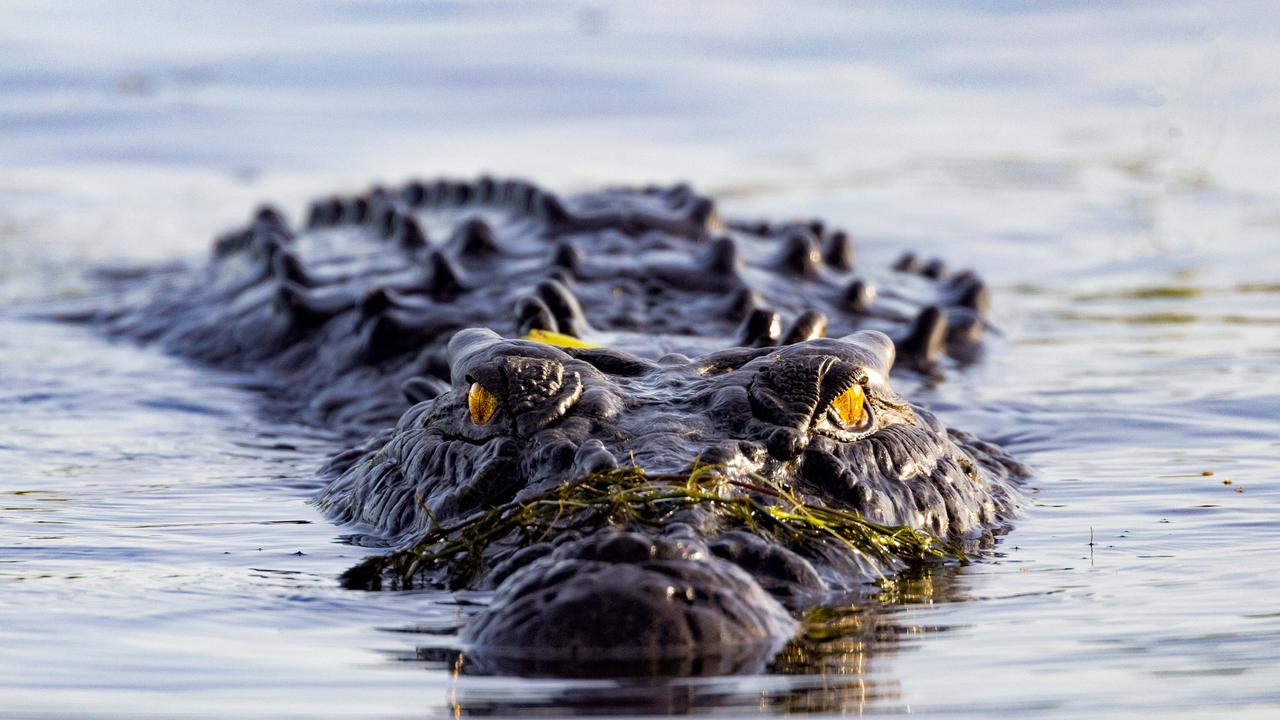
However, a department spokesman said an increase in sightings did not necessarily mean a surge in crocodile numbers, as the advent of mobile phone apps and online portals made it easier to report sightings and there was no way to distinguish whether a single crocodile may have been sighted or reported on multiple occasions.
Outback Queensland politicians Bob and Robbie Katter have long been vocal in calling for a cull of the apex predators, with calls growing louder after the death of Laura pub owner Kevin Darmody in a crocodile attack last April.
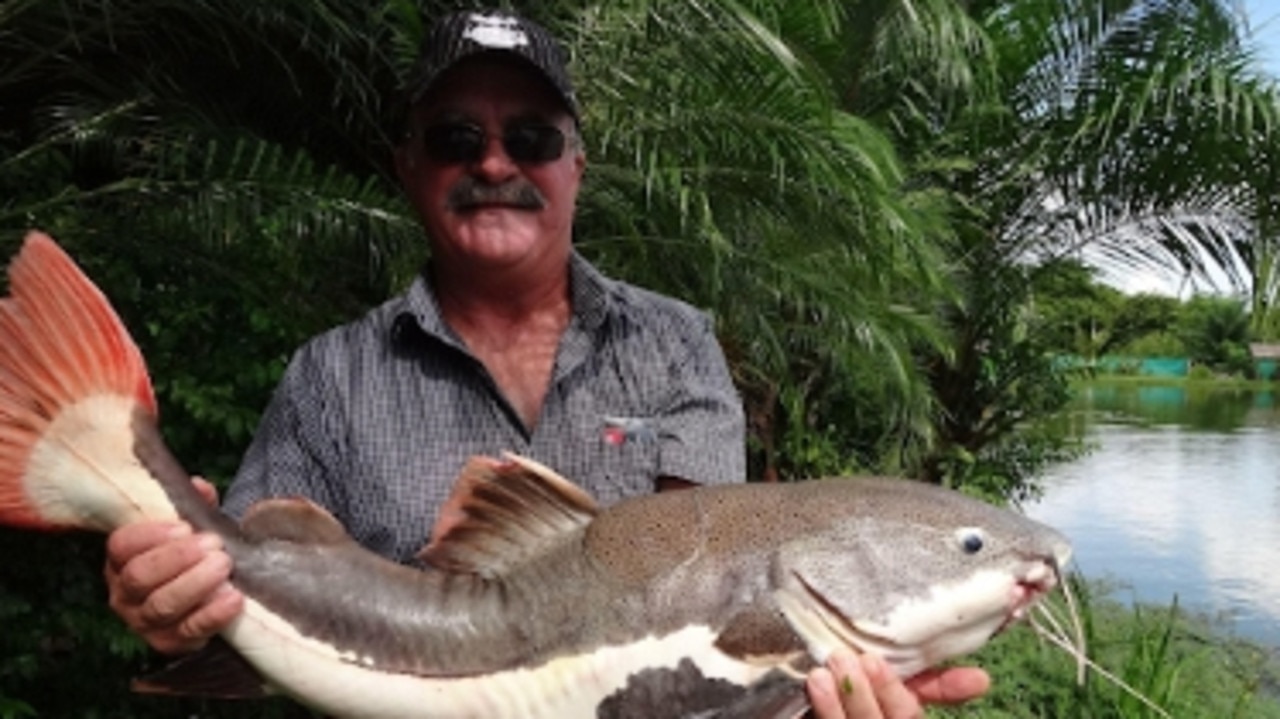
It followed a number of close encounters between humans and crocs in the state’s north, while several pet dogs were also taken by crocodiles.
There have been four other fatal attacks on humans in Queensland in the past seven years, including the death of fisherman Andrew Heard off Hinchinbrook Island in 2021.
Under Queensland law, crocodiles remain a protected species, with the reptiles only euthanised as a last resort in special cases.
About 50 crocs were relocated last year, with six euthanised.
There has also been a push to allow the harvesting of crocodile eggs as a way to control populations, but according to DESI, no eggs were collected last year.
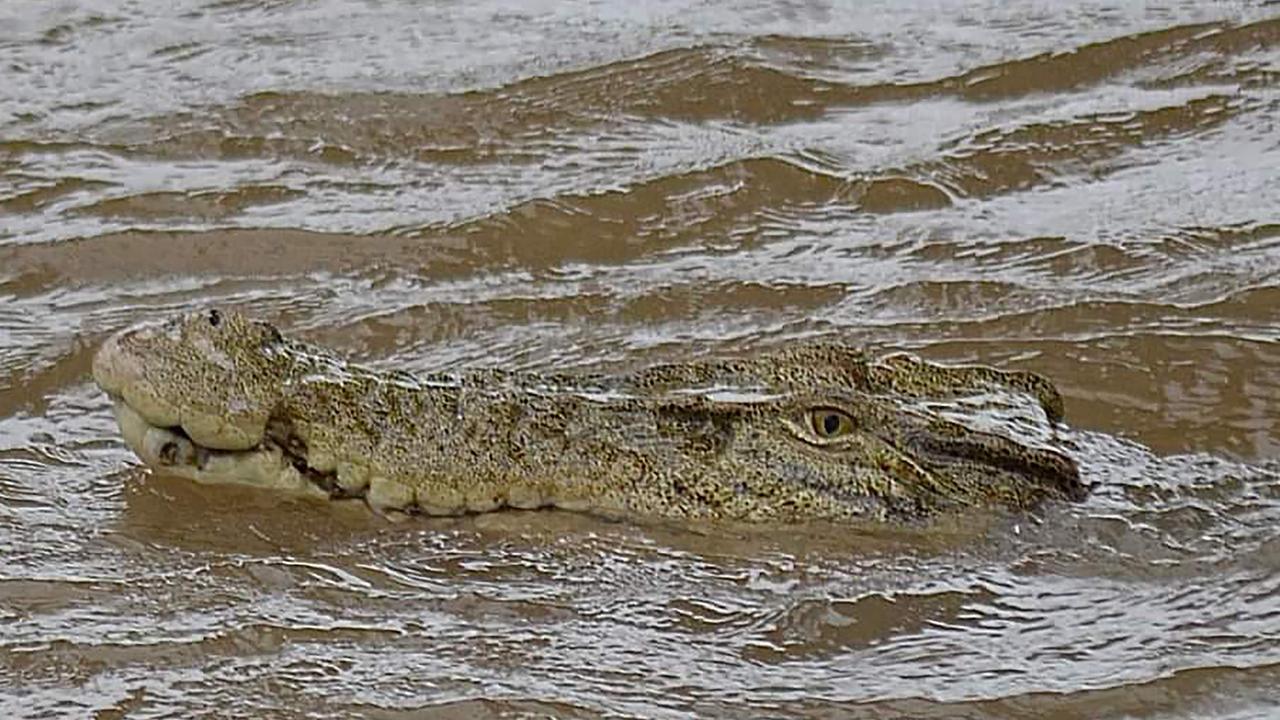
The number of crocodiles removed from Queensland waterways last year (48) was lower than in the several previous years, with almost half (22) occurring in the Cairns region while nine were removed from waters on the Cassowary Coast near Innisfail.
Speaking to The Courier-Mail, Traeger MP Robbie Katter said it was “absurd” that crocodiles could not be culled despite the growth of populations and the danger posed to humans.
“You can cull pigs, wild dogs, kangaroos, we’ve even had culls of koalas in Australia, but a man-eating animal that threatens our lives, you can’t touch,” he said.
He called on Queensland to look to the Northern Territory, where crocodiles in proximity to Darwin are culled.
“We could do that around Cairns and five or so other centres in the north and it would still only represent a fraction of the total crocodile population.”
“Everyone in north Queensland has been saying loud and clear for years now that there needs to be something done.”
However, Queensland Environment Minister Leanne Linard said culls were not on the agenda.
“(We) are committed to managing estuarine crocodiles in a way that protects the public while enabling the continual survival of these iconic animals in the wild,” she said.
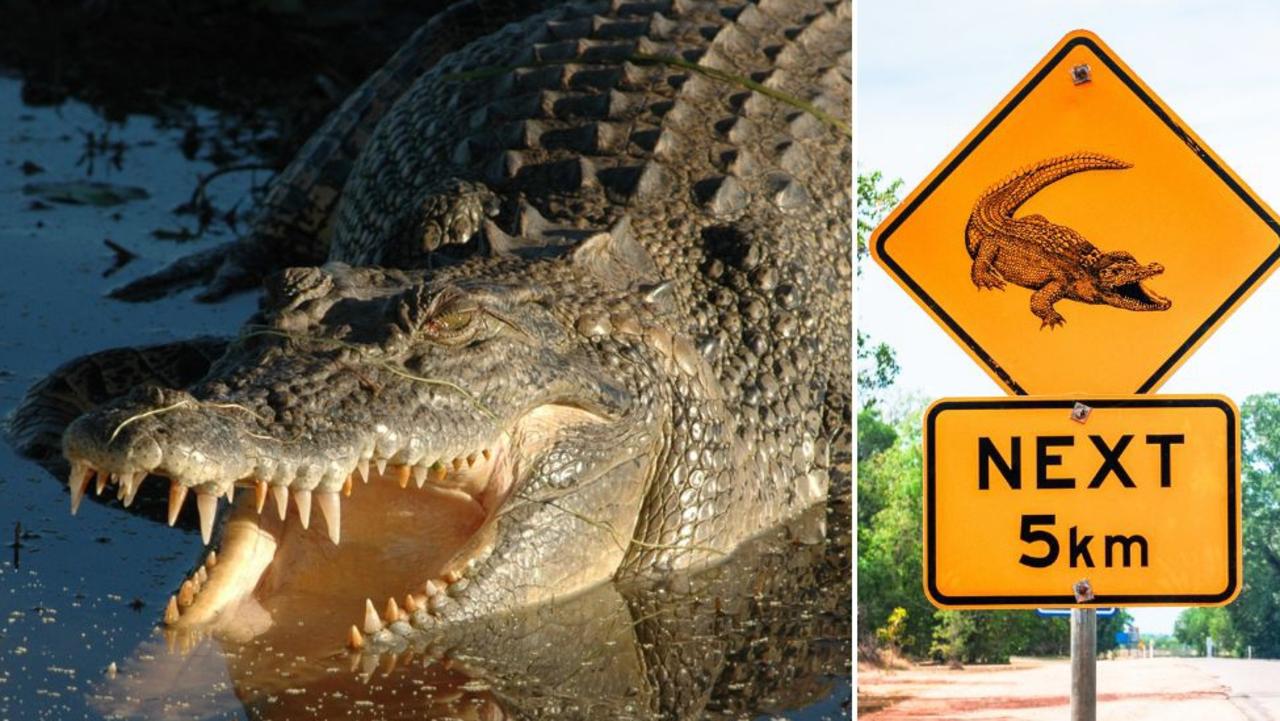
“I am aware of calls to cull crocodiles, but we are not considering this.
“Attempting to remove all crocodiles from a particular section of crocodile habitat does not make that area safe.
“Crocodiles are a highly mobile species capable of travelling many kilometres in a day, and more crocodiles are likely to move into the area, without necessarily being seen.
“Culling crocodiles in an area may create a false sense of security in the community, leading to people believing they no longer need to behave in a crocwise manner and placing themselves at increased risk of a crocodile attack.”
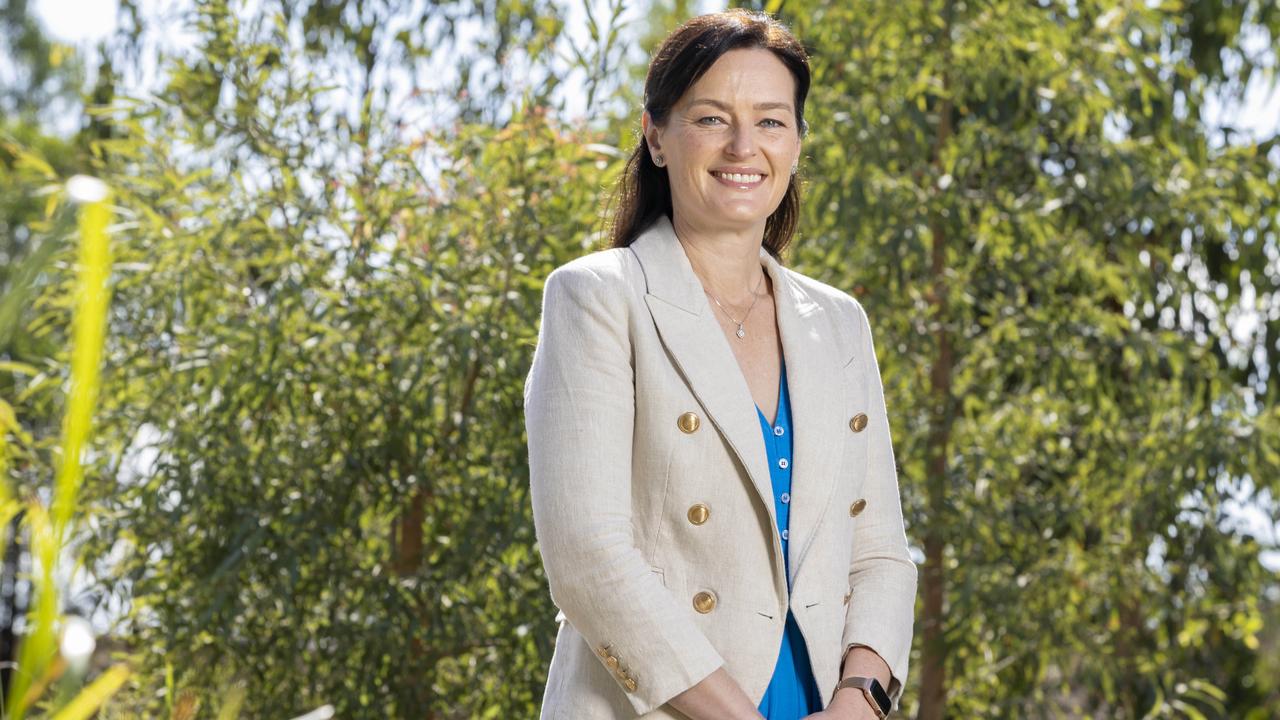
In 2021, Queensland’s estuarine crocodile management program was reviewed by an Independent Expert Evaluation Committee – chaired by Queensland’s Chief Scientist, Professor Hugh Possingham.
The committee described the department’s crocodile population monitoring work and other scientific research on crocodiles as “world class”.
A new ‘Be Crocwise’ public safety strategy will be implemented in 2024, with DESI to start consultation on a new draft Queensland Crocodile Management Plan in the coming months.
People are encouraged to report all crocodiles to DESI as soon as possible by using the QWildlife app, website or by calling 1300 130 372.
* Data from Department of Environment, Science and Innovation for all Queensland not just areas known to be ‘Croc Country’





